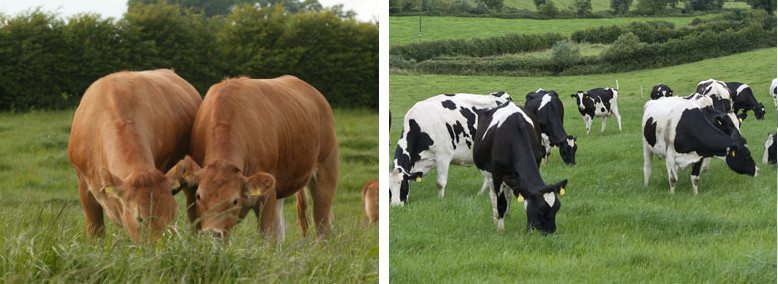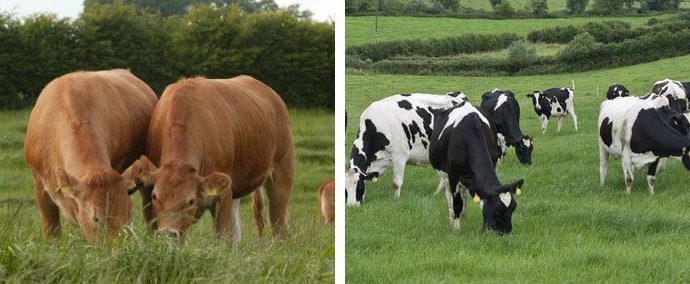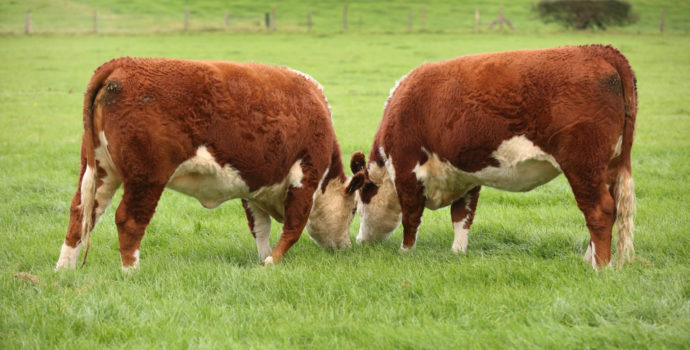Farmers Have to See the Benefits of BVD Status

IFA Animal Health Chairman TJ Maher said farmers have invested directly over €100m in the BVD programme since it commenced voluntarily in 2012, before becoming compulsory in 2013.
These calculations have been outlined to AHI and the Department of Agriculture,
He said the actions of suckler and dairy farmers and their investments in the BVD programme have achieved this significant milestone in having the programme approved by the Commission under the EU Animal Health Law.
However, he said targets have to be met by the end of this year, which the programme is very much on track to achieve. There will then be an acceptance process from the EU’s perspective which will likely run to a number of months before official free status is granted.
The IFA Animal Health Chairman said the substantive issue is the type of testing programme that will apply in 2023 in the first instance. It’s likely the majority of calves will be born before free status is granted, if the targets are met by the end of this year.
TJ Maher said there is also the issue of vaccination being prohibited and only allowed in exceptional circumstances when free status is granted, which means the proof of freedom testing approach that will come into play must also provide an effective case detection tool.
IFA has clearly set out to AHI what the next steps in this process must be. The BVD programme, and in particular the conclusion of the programme, will be the benchmark with which AHI’s credibility will be measured by farmers.
He said failure to conclude the BVD programme in a satisfactory way for farmers will have long term reputational damage for AHI with farmers and it is important this is avoided.
TJ Maher said IFA have put forward the key points that must form the basis of the BVD programme from 2023 and subsequent years:
- The testing and surveillance from 2023 onwards, which is required to prove on-going freedom must be paid for in full by the Department of Agriculture, which is consistent with the publicly stated Department of Agriculture policy of cost and responsibility sharing in disease control. It is now time for the Department to make their contribution towards testing in this programme.
- The testing approach that will be implemented must provide a high level of early case detection to protect the status achieved by farmers.
- Where cases are found and controls imposed on farmers to avoid any further spread these farmers must be supported in full for the cost and impact of these controls.



